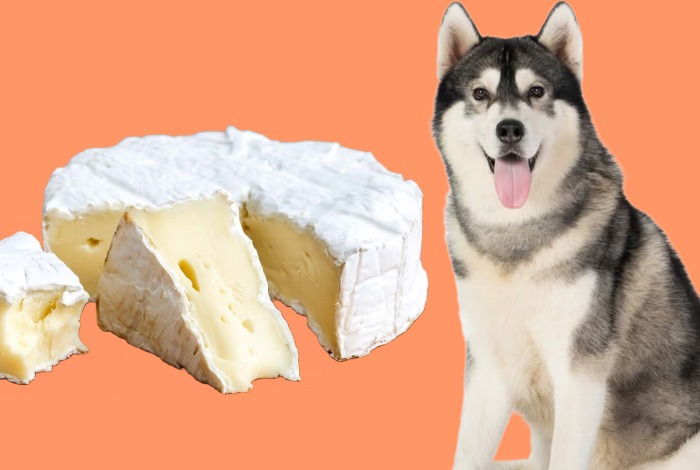In the ever-evolving landscape of canine dietary concerns, one question that frequently pops up is, “Can dogs eat brie cheese?” As a responsible pet owner, it’s crucial to navigate the culinary choices for our four-legged companions with care. This comprehensive guide breaks down the nuances of including brie cheese in your dog’s diet, covering everything from potential risks to expert recommendations.
The Brie Cheese Conundrum
Can Dogs Eat Brie Cheese?
Embarking on the culinary journey, let’s address the elephant in the room—can dogs indulge in the creamy delight of brie cheese? While dogs can eat some types of cheese in moderation, brie falls into a gray area. The high-fat content may pose risks, and lactose intolerance is a common concern among canines. It’s advisable to consult your veterinarian before sharing this delicacy with your furry friend.
Exploring the Risks
Lactose Intolerance: Dogs, like some humans, may struggle with lactose digestion. Brie cheese, being a dairy product, contains lactose that can lead to digestive issues such as upset stomach, diarrhea, or gas in sensitive dogs.
High-Fat Content: Brie cheese is rich in fats, which can be problematic for dogs, potentially causing pancreatitis or obesity. Monitoring portion sizes is crucial to mitigate these risks.
The Benefits of Moderation
In moderation, brie cheese can offer nutritional benefits to your canine companion. It provides essential nutrients like calcium and protein. However, it’s vital to balance these advantages against potential drawbacks.
Expert Insights and Recommendations
Veterinarian’s Perspective
Dr. Emily Rodriguez, DVM: “While brie cheese can be a tasty treat for some dogs, it’s crucial to be mindful of their individual health conditions. Always consult your veterinarian to determine if it’s a safe addition to your dog’s diet.”
Can Dogs Eat Brie Cheese Without Side Effects?
Navigating the fine line between indulgence and safety, some dogs may enjoy brie cheese without adverse effects. However, this varies from one dog to another. Observing your pet’s response and consulting with your vet ensures a tailored approach to their dietary needs.
Frequently Asked Questions (FAQs)
Is brie cheese toxic to dogs? Brie cheese itself isn’t toxic, but its high-fat and lactose content may lead to digestive issues. Monitor your dog for any adverse reactions and consult your vet.
How much brie cheese can dogs eat?
Moderation is key. Small amounts occasionally can be considered, but excessive intake may lead to health problems.
Are there dog-friendly cheese alternatives?
Yes, some cheeses, like mozzarella or cheddar, have lower lactose and fat content, making them safer options for dogs.
Can puppies eat brie cheese?
Puppies’ digestive systems are more delicate. It’s recommended to avoid brie cheese until they’re older, and always consult your vet.
What are the signs of lactose intolerance in dogs?
Signs include diarrhea, vomiting, and gas. If you notice these, it’s wise to exclude brie cheese from their diet.
Any tips for introducing brie cheese to dogs?
Start with a tiny amount and observe for any adverse reactions. If well-tolerated, occasional treats can be considered.
Conclusion
Navigating the culinary landscape for your furry friend involves a delicate balance of indulgence and caution. While brie cheese can be a tempting treat, it’s essential to prioritize your dog’s well-being. Consultation with a veterinarian and careful observation of your pet’s response are the keys to ensuring a safe and enjoyable dining experience for your canine companion.

